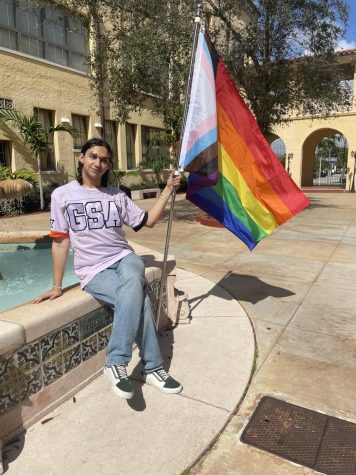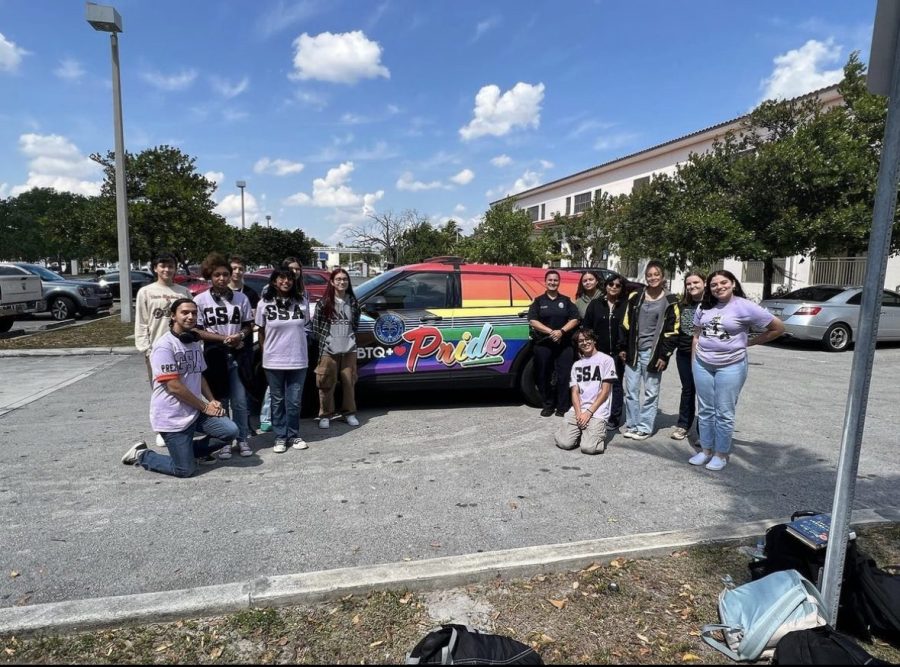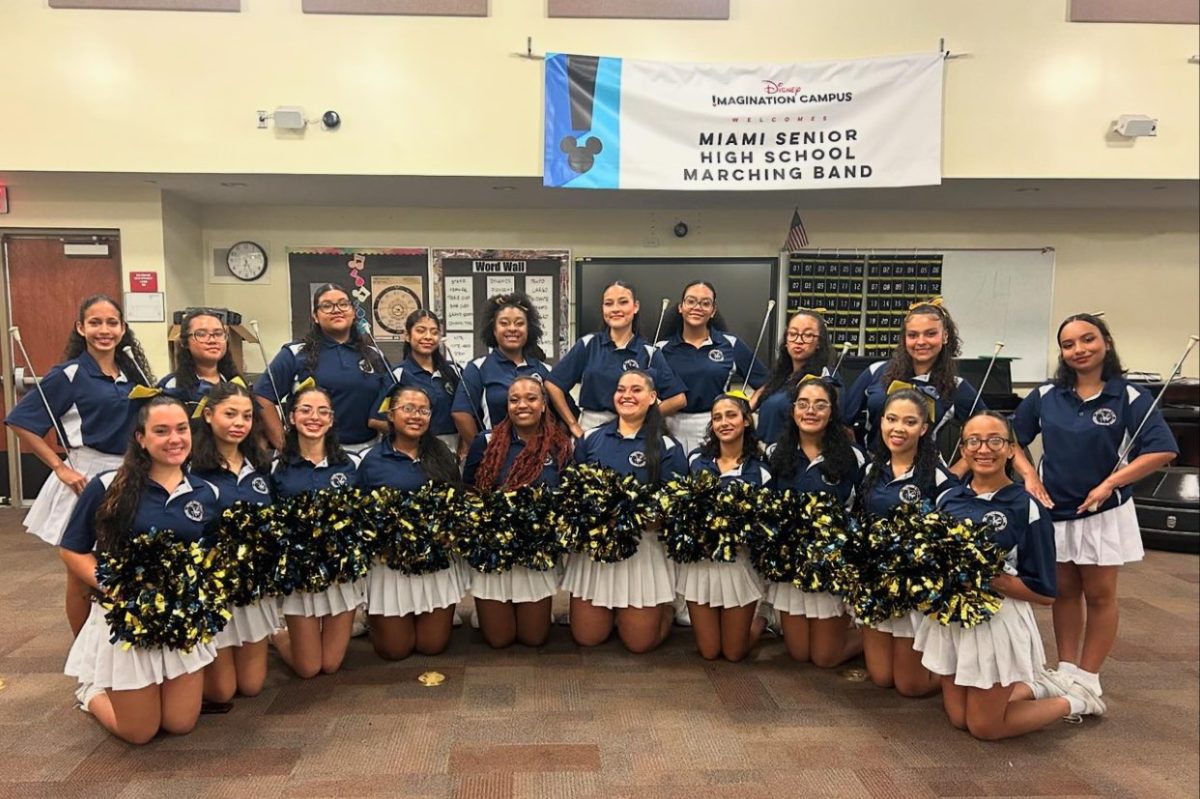Homophobia in Society
April 26, 2023
“Don’t say gay”, “drag queens are ruining the minds of children”, “trans teens are all just confused.” These are a few phrases that we have seen circulating around the media nowadays. We live in a world where some are constantly trying to fight for their rights, but others with predetermined prejudices fight to prevent this.
Homophobia is still prevalent today
We certainly have made a lot of progress regarding the way we look at Queer people, but if we’ve made progress then why are we still talking about homophobia? While, yes, things have gotten better over the years, things still aren’t perfect.
Mental health counselor for Jewish Community Services Trey Foerster has this to say about the issue: “We’re seeing homophobia on the news daily, we’re seeing it in school still, seeing it in things like housing and employment and all kinds of things.”
Even in places where we are supposed to feel safe like in school, there will always be the prevalent issue of homophobia looming over. Current GSA president Jose Castillo recalls a time when he was walking to the homecoming parade, carrying a pride flag and someone came up to him and asked him if he was one of those *f-slurs*.
Next year’s GSA president Luca Passalacqua says that there have been times in the past in which people have called him slurs and even attempted physical violence against him. Thankfully, he was able to escape those situations.
He says that there have been times that he has to be cautious about what he says around other people because he doesn’t know if he can trust them to not spill that around to the whole world. There have been times in which he wanted to join sports or clubs but due to knowing that some people there aren’t the most accepting that held him back from joining.
An anonymous senior says that when she came out to her parents, they told her that she was just confused and that she would get over that phase. When she got herself a girlfriend, her parents disapproved of the relationship and didn’t allow her to talk about the girlfriend or bring her to the house. Her parents didn’t even want her to spend time with her friends because they believed that they were influencing her to be that way.
Laws Against LGBTQ+ people
Lately in politics there has been a shift regarding laws for LGBTQ+ people. Instead of trying to protect the rights of Queer people, politicians have started to focus on taking away more of their unalienable rights.
NBC News published an article titled “With over 100 anti-LGBTQ bills before state legislatures in 2023 so far, activists say they’re fired up” in which author Jay Janner interviews Chase Strangio, the deputy director of the American Civil Liberty Union’s LGBT and HIV Project.
Strangio, one of the attorneys who is representing transgender young people and their parents in their lawsuit against Arkansas’ prohibition on gender-affirming medical care, said he’s most worried about more states restricting access to gender-affirming care. “The rightward shift in state legislatures is really scary,” Strangio said. “We’re seeing continued erosion and efforts to restrain and constrict and limit bodily autonomy across the board.”
State legislatures keep making laws to restrict some of the basic human rights we have as American citizens, which is the right to receive health care. We wouldn’t ban plastic surgery because it changes someone’s body so why are we trying to take away the ability to receive gender-reassignment surgery?
Safe Environments for Queer Youth
We all want to feel accepted and especially when the world around us isn’t the most accepting. Having a place you can rely on can make a

tremendous difference. That’s why it’s so important to have groups like GSA to help students feel welcome in the school. Former GSA president Jose believes that Miami High is a place where he feels accepted thanks to the wonderful staff that ensure that the school is a safe place. He says that surrounding himself with people he knows will accept him is a very important thing for him.
How these things impact LGBTQ+ people
Having the world constantly criticize you for your sexual or gender orientation leaves a long lasting effect on Queer youth. It makes them feel scared to do things because they’re scared of being seen as “too gay”. Nobody should feel like they have to hide a part of themselves in order to feel accepted by other people.
Luca says that in middle school he had a friend that said many hurtful things towards the LGBTQ community and that wasn’t a great feeling to have, knowing that one of your friends wouldn’t accept you as who you are. Even when they are not aware that they’re hurting you as a person, it’s these types of comments that are hurtful towards many queer kids.
LGBTQ+ Hotlines
The Trevor Project: (866) 488-7386
The Gay, Lesbian, Bisexual and Transgender National Hotline: (888) 843-4564
The GLBT National Youth Talkline: (800) 246-7743
Trans Lifeline: (877) 565-8860
The National Runaway Safeline: 800-RUNAWAY (800-786-2929)
Pride Institute: (800) 547-7433 24/7
National AIDS Hotline (800) 342-AIDS





